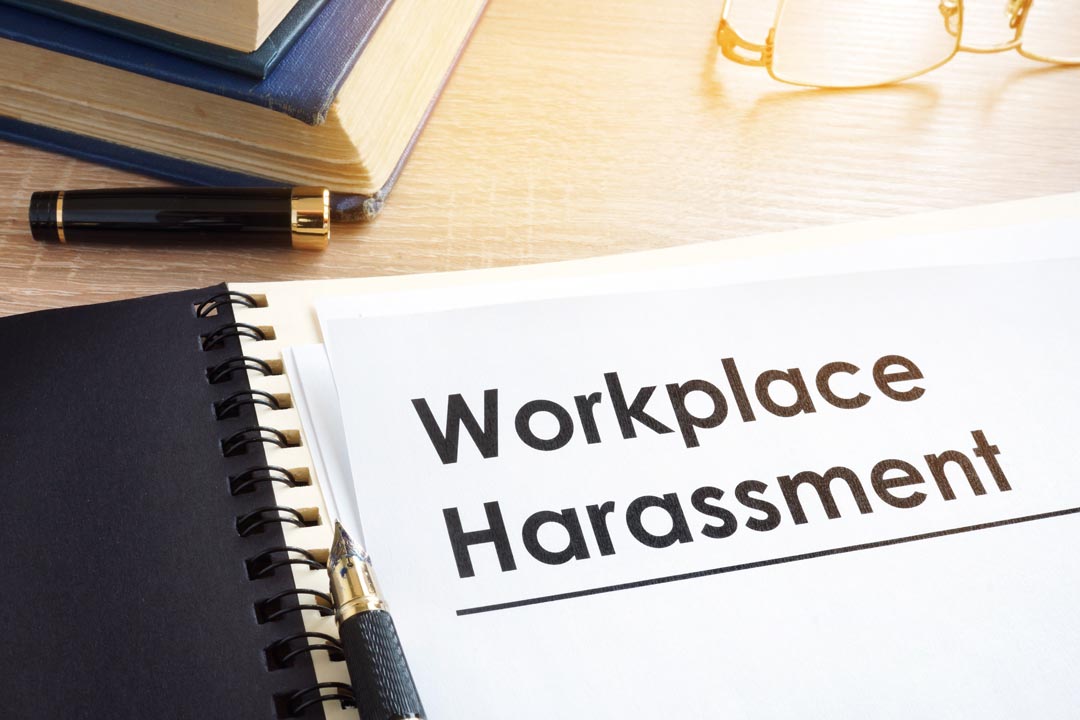Mike Thackray navigates the thin line between development and acceptance
I’m not good at organising social events. I’ve tried it and I’ve just about managed when I’ve had to do, though several colleagues past and present may beg to differ here. I do not and never have had the core competencies and motivation to be a good event organiser. It simply does not align with what I naturally bring to the table.
It’s high time we start accepting and even embracing ‘weakness’ once more
So, is ‘organising social events’ a ‘weakness’ or a ‘development need’?
I remember being reprimanded over this very issue in the mid-noughties while working with a client for my master’s thesis. I made the grave mistake of referring to ‘weaknesses’ in relation to some employees and my L&D contact confidently asserted that “we don’t call them weaknesses around here”. It was the first time I was truly aware of this shift in perspective but it remains prevalent.
In the landscape of personal and professional growth, using phrases like ‘areas for development’ is a diplomatic and well-intentioned substitute for the W-word. The shift towards sugar-coating our shortcomings has likely been driven by a desire to foster positivity and encourage growth. However, it’s high time we reassess this approach and explore why we should stop referring to all non-strength competencies as ‘development areas’ and start accepting and even embracing ‘weakness’ once more.
Great expectations
The issue is that the term ‘development area’ suggests an expectation of improvement, implying these are aspects of ourselves we can and should address. While this perspective is optimistic, it’s not always realistic or beneficial. It subtly creates an environment where individuals feel pressured to transform all their weaknesses into strengths. This is not only intimidating but also potentially counterproductive for at least two reasons.
Firstly, weaknesses likely exist for a reason. Some weaknesses are deeply rooted in our personalities, experiences and abilities. They are part of who we are and, while they may limit us in some ways, they also shape our uniqueness and individuality. No matter what any management consultant says, making a substantial shift in preference or ability is almost never a quick fix and often requires to work against years of habit and experience in order to become good at something we are not.
Secondly, constantly working on weaknesses is not usually enjoyable or value-adding. There can be a thrill in improving at something you struggle with but, especially when a weakness is based on preference, spending time doing things that don’t come naturally can be draining and unrewarding. Is this what we want for the people in our organisations? With effort you can achieve a lot but we must remember that time spent on this is at the expense of the strengths you have that can typically be applied more naturally and create value.
By reframing weaknesses as ‘development areas’, we unintentionally create a culture that discourages the acceptance of personal limitations and risks making the workplace a stressful and unhappy place. The reality is that not all weaknesses need to, or can be, turned into strengths.
Recognising these traits as weaknesses doesn’t mean we’re accepting defeat. On the contrary, it indicates self-awareness, embraces authenticity and permits us to focus on and deliver our strengths. A workplace where everyone is happily creating value by doing what they are already good at is bound to succeed.
Conscious choice not implicit assumption
This doesn’t mean we never choose to improve at the things we are poor at but this should be a conscious choice instead of an implicit assumption. We can often devise strategies to manage or compensate for them rather than wasting energy trying to eliminate them. This approach is often more effective, less stressful and more in line with our natural inclinations and strengths.
So, when is it useful to talk of a development area and when is it OK to accept and acknowledge weakness?
I believe a ‘development area’ is if you need to do something as part of your role. And you can even challenge your own definition of need here too! Or if you want to develop it for your own satisfaction or career progression.
It can be a ‘weakness’ if you have already put a lot of effort into developing the area with little to show for it, you can adequately compensate for it or you dislike spending time doing it.
Language and thinking update
It’s time to change our lexicon and mindset. Let’s reserve the phrase ‘development areas’ exclusively for those things we genuinely DO want to develop and not just for any area of non-strength. And let’s accept that there are some things that it may not be wise or enjoyable to spend time on – such as organising parties.
Mike Thackray is a principal consultant with OE Cam




